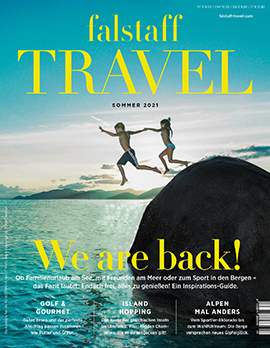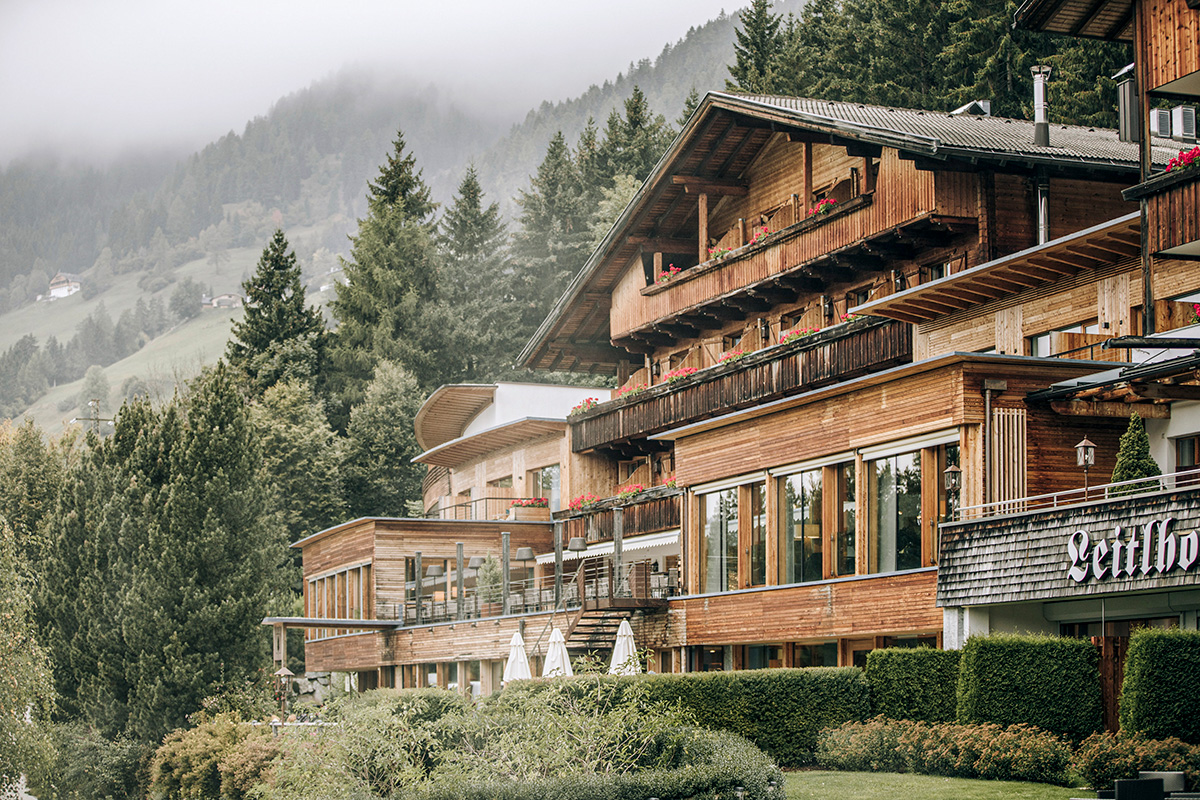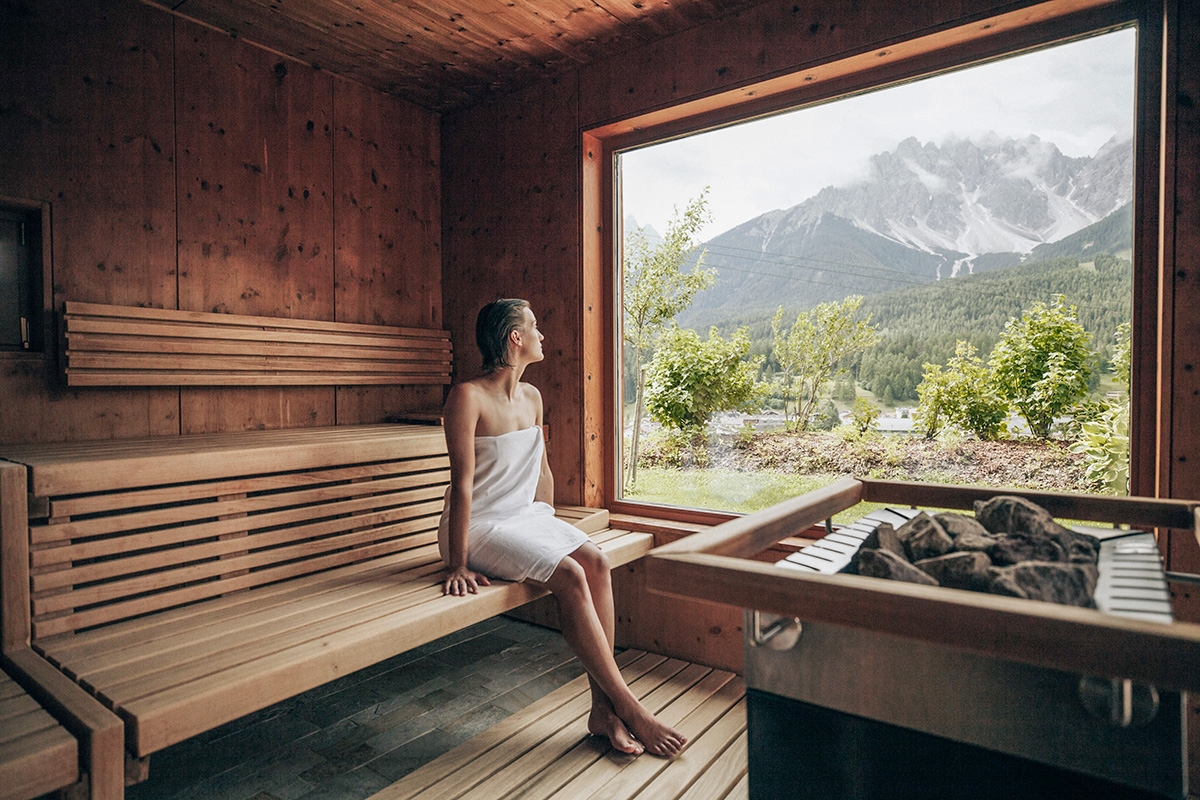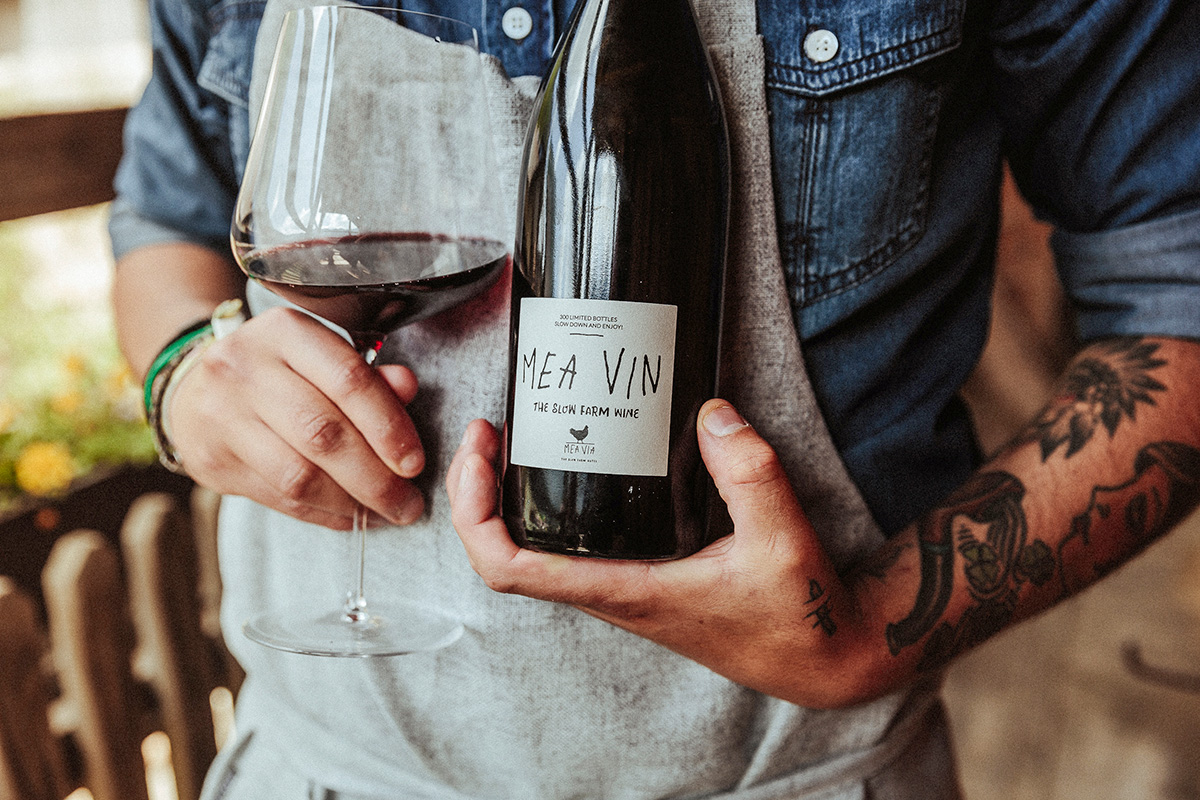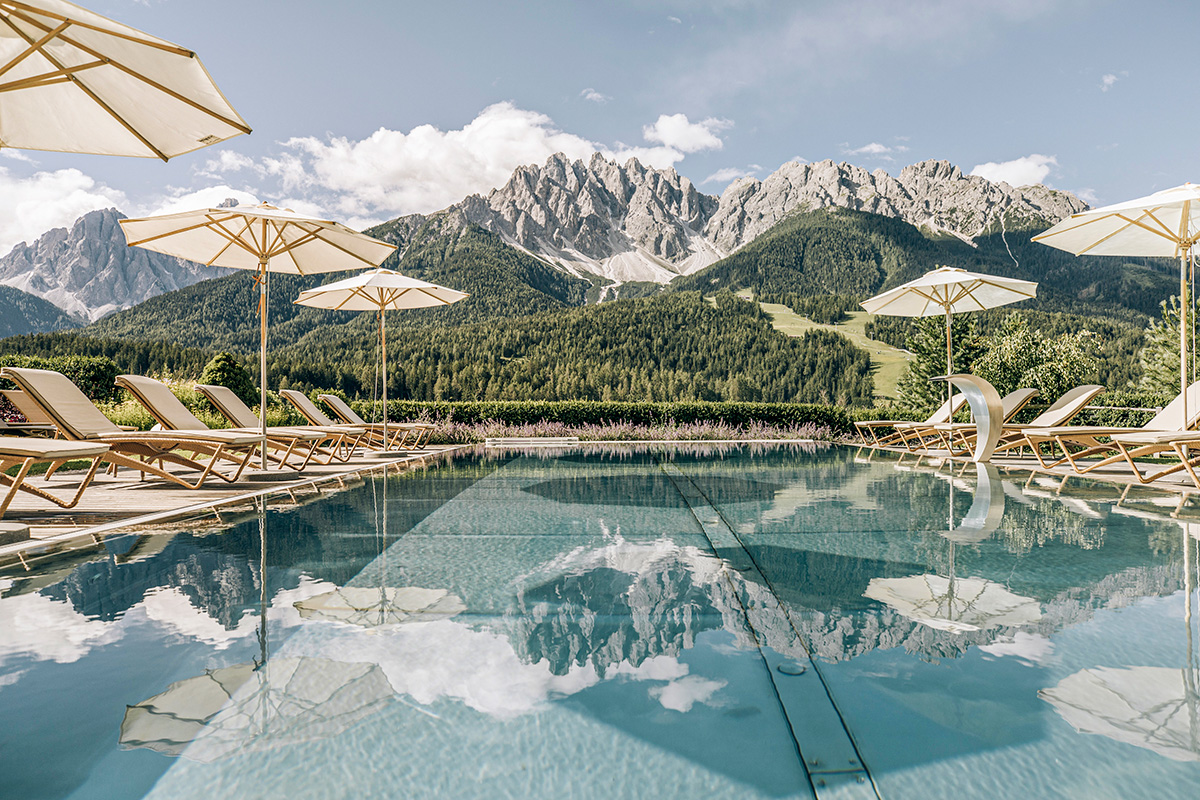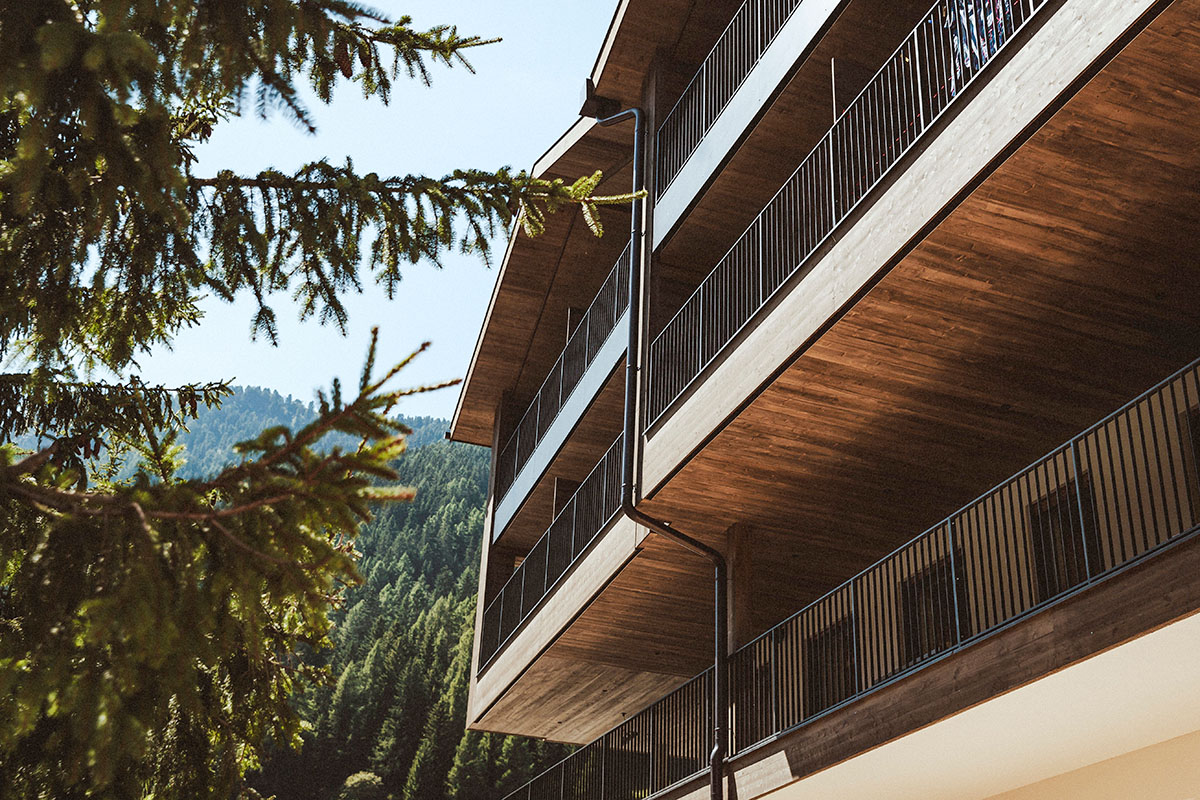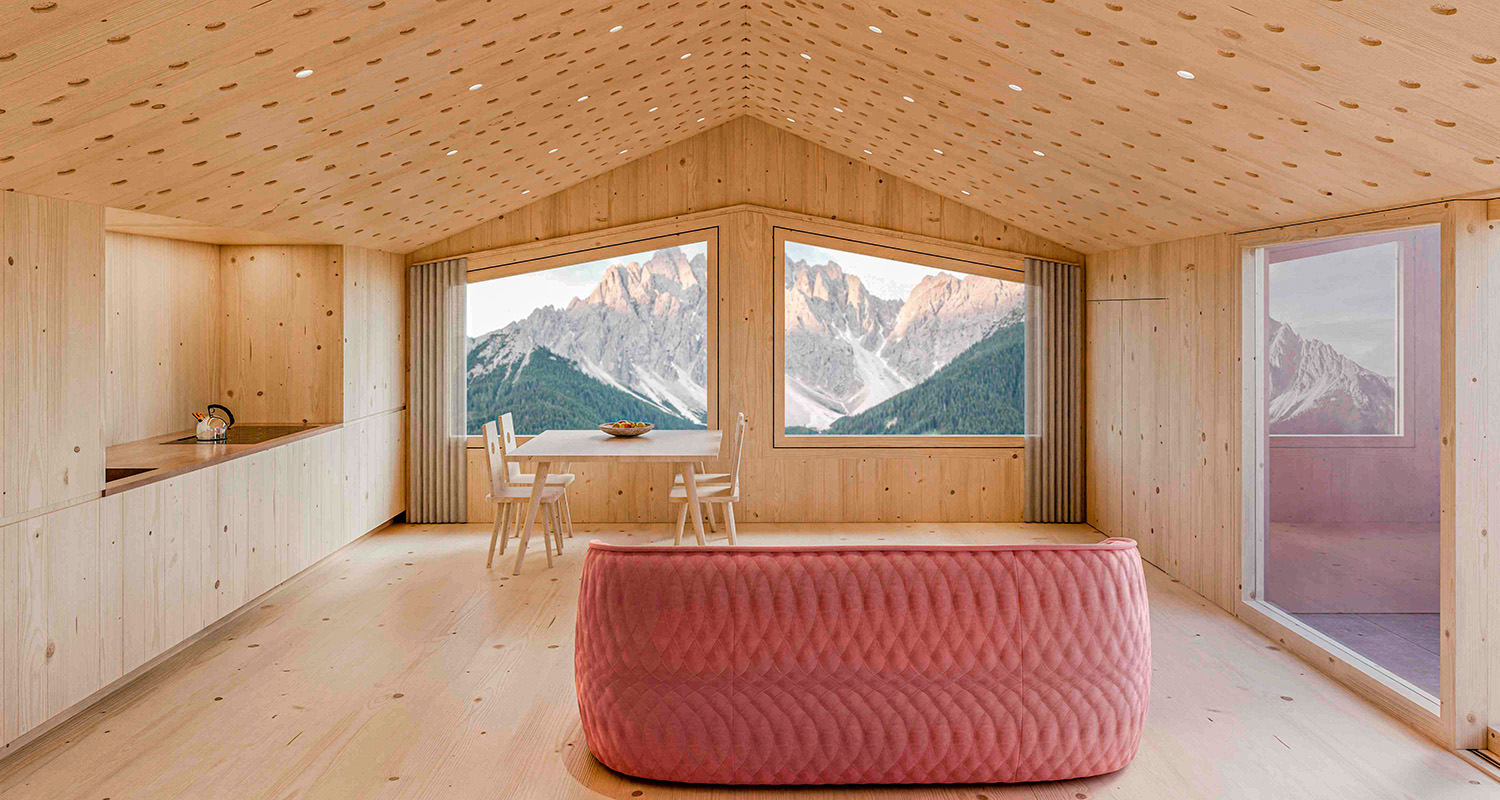
Nature's Energy: Eco-Hotels in South Tyrol
Who isn't looking for impulses for a more mindful lifestyle? South Tyrolean Eco-Hotels offer traditional treatments such as hay bathing, and clean Nordic design meets sustainable Alpine chic.
August 31, 2023
© Naturhotel Leitlhof
Sustainability, of course! Hardly any hotel wants to do without this green label. But as a guest, you quickly notice who is really serious about it. After all, it's not just about cosmetic details, but about an overall philosophy of a conscious lifestyle. This begins at the Hotel Saltus - South Tyrol's first eco-hotel - with the fact that guests receive a five percent discount on their overnight stay if they arrive in an environmentally friendly manner by train. For the Saltus, Eco also means setting impulses for a sustainable lifestyle; seducing others to be more mindful.
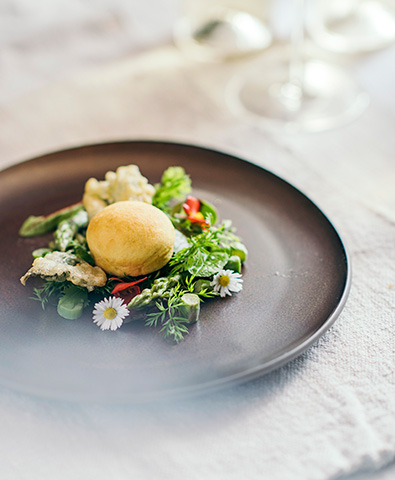
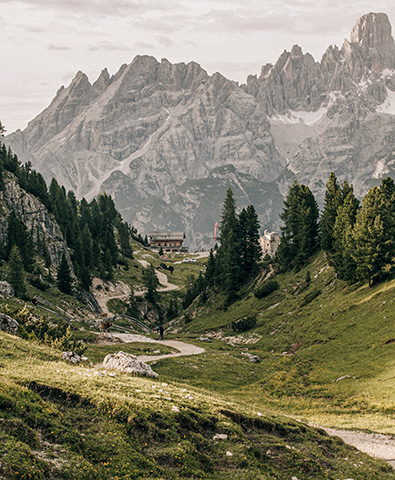
Or the "Boutique Biohotel Gitschberg", which features energy-efficient architecture made of natural materials sourced from the region; a pioneer with its conscious, sustainable approach, it was the first "climate hotel" in South Tyrol.
The Leitlhof", a nature hotel in the Pustertal Valley, has been producing electricity and heat largely independently and climate-neutrally since 2015. Thanks to its own combined heat and power plant, the "Leitlhof" is one of the few energy self-sufficient hotel operations in all of Europe - it also has its own water source. This is also typical of eco-hotels: in order to preserve old values, they rely on innovative techniques. The wood-fired power plant, which exists only once in this form, was tinkered with for a long time until it was perfect. Guests can visit it once a week - and perhaps take home some ideas for their own homes.
High feel good factor
© Naturhotel Leitlhof
Regional, seasonal cuisine is what many people associate with eco-hotels. But paying attention to the staff is also sustainable. If you change the service staff every year, you lose a lot of knowledge. As a regular guest, you're also happy to find familiar faces. And of course, the design is a key point. Is there such a thing as an eco-aesthetic? Simple elegance definitely fits well; a rather Nordic-clear style that meets Alpine traditions. You can feel the power of the forest at your back; in front, the view sweeps over the imposing mountain world. In the rooms and suites, you'll find plenty of light wood to make you feel at home - the old building fabric has been lovingly handled. The products in the kitchen come from the hotel's own farm, where Angus cattle are bred and graze undisturbed in the meadows. Directly from the farm - this also guarantees that you know what ends up on your plate.
© provided
The Pitschieler family, whose eco-hotel Mea Via is located in the mountain village of Pufels at 1405 meters above sea level, relies on a slow farm principle. The wines come from small-structured farms that dispense with chemicals. The in-house wine is pressed from the Lagrein and Vernatsch grape varieties and is limited to 300 bottles per year. At the hotel's own mountain farm, every animal is known by name, and the hotel is committed to preserving rare breeds of farm animals, such as the Pustertaler Sprinzen (cattle with distinctive black fur patterns on a white background) or the Mangalitza pigs. Mountain farm, design hotel, slow-travel paradise: Eco-hotels in South Tyrol manage the balancing act from age-old traditions to innovative concepts and clear design language with great ease. Perhaps that's because quality has always been held in high regard in South Tyrol, because natural products have never lost their value on the plate.
© Bureau Rabensteiner
A bed in the hay
© provided
The Eco-Hotel principle also includes keeping traditions alive in a contemporary way - be it regenerative Kneipp cures, sweat caves in the forest or hikes with nature-loving locals; sunrise hikes, herbal walks or mindfulness excursions during which guests can intensively perceives nature. Forest bathing may be a trend from Japan, but basically people in South Tyrol have always known the power that lies in the trees.
Since the beginning of the year the Hotel Saltus has a hay sauna, tying with the tradition of the alpine hay baths. Here you are wrapped in damp, steaming hay, which has a diaphoretic, decongestant and circulation-promoting effect. Essential oils and scent from admixed herbs, grasses and flowers are released - the hay bath is a classic wellness application from times when this term did not even exist. A hay bath is also an option for allergy sufferers, because wet hay is harmless even for hay fever. The Leitlhof offers its hay baths in a suspended water bed.
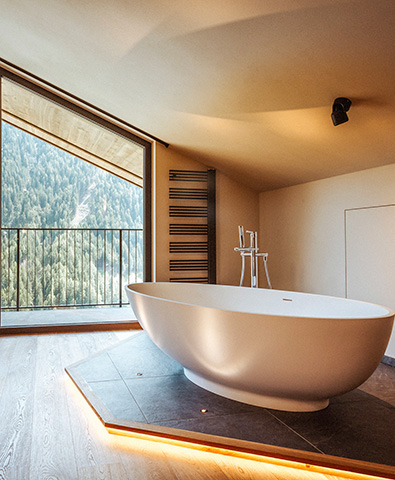
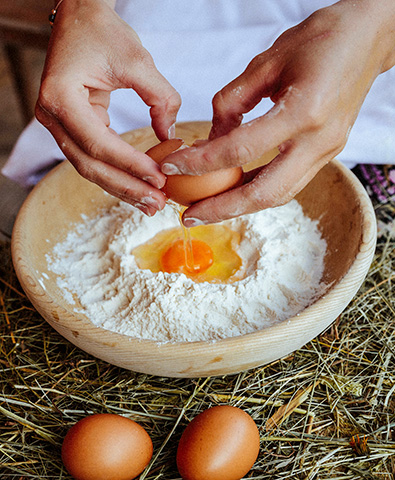
But back to the aesthetics: The Hotel Saltus calls its concept Wabi-Sabi - a Japanese expression that describes something very universal. A visit to the grandmother brings a sense of security; her furnishings are a bit worn, but that's what makes us feel at home. She is perfect in her non-perfection - this is what the term Sabi means. Wabi, on the other hand, stands for rustic simplicity, for silence and timeless elegance. It's this unpretentious balance that makes a good eco-design hotel. It's roots are not denied, local wood is being used, often in a mix of a rustic and minimalist style. There's little to no plastic used, eco-friendly shower gels, possibly homemade soaps and a beauty line made from local products are offered. And the more retreats there are, the more comfortable you feel. The Dolomites exude a majestic tranquility - if you've been inspired by this to harm nature as little as possible, your vacation was perfect. One becomes truly addicted to these slow-travel paradises.
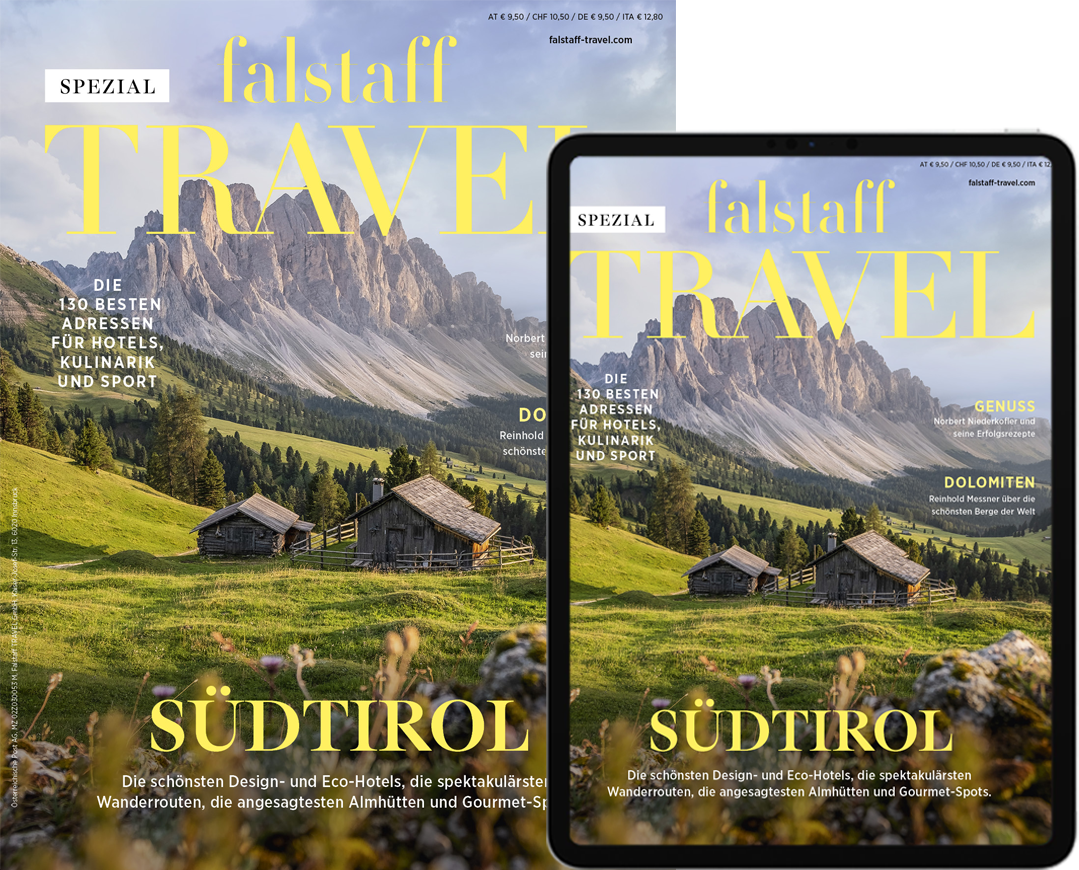
This article appeared in the Falstaff TRAVEL issue South Tyrol Special 2023.
